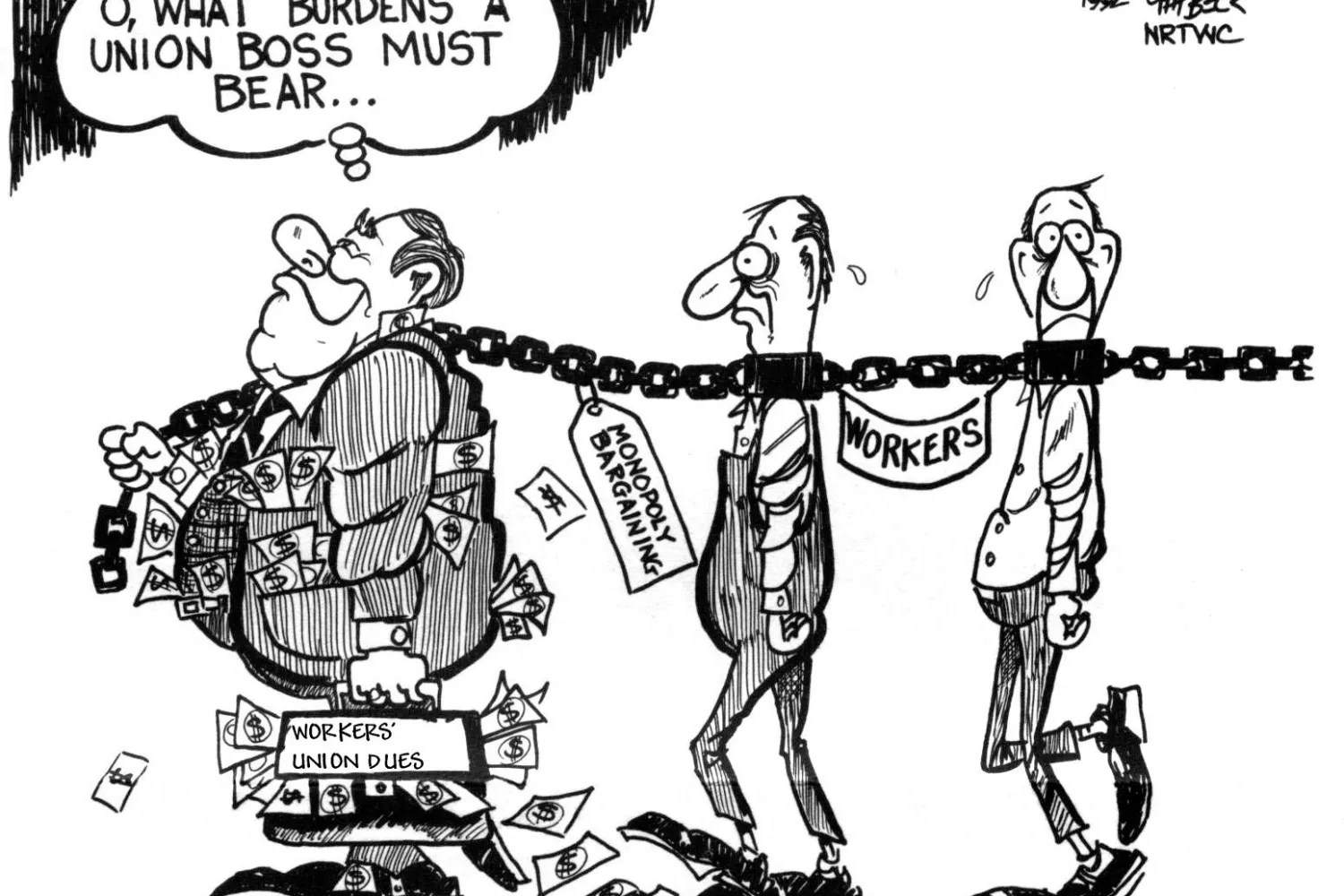Compulsory Big Labor Indoctrination For New California Teachers


National Right to Work Legal Defense Foundation client Mark Janus is now waiting to find out if the U.S. Supreme Court will take up his case challenging the constitutionality of public-sector forced union dues and fees.. Government union bosses openly fear that the High Court will agree to review the case and rule in Janus’ favor, and it will”change” their world “dramatically.” Image: foxnews.com
The fact is, even many union bosses and Big Labor politicians are already openly preparing for the day when forced dues and fees will no longer be permitted in the government sector, even in states without statutory Right to Work protections for public servants.
A cynical special-interest California measure known as A.B.119, quickly adopted by the Golden State’s union boss-dominated General Assembly and signed into law by Gov. Jerry Brown in late June, represents the most radical attempt yet to intimidate civil servants into continuing to bankroll unwanted unions even when they have a right to cut off all their dues and fees.
In an August 18 op-ed for the Orange County (Calif.) Register, Larry Sand, a former teacher who now heads a teacher organization that opposes compulsory unionism, sounded the alarm about this new state law, which mandates, to start with, that public school districts force their recently hired employee, including those who have already made it clear they don’t want to join the incumbent union in their district, to participate in Big Labor indoctrination sessions where their arms can be twisted by union operatives.
Sand explained in detail how the new law attacks employees’ freedom of association:
[T]he unions want exclusive time with new employees so that they can push their agenda on them …
A particularly creepy part of the new law stipulates that the employer must give the union the “name, job title, department, work location, work, home, and personal cellular telephone numbers, personal email addresses on file with the employer, and home address of any newly hired employee within 30 days of the date of hire.â€
The mechanism of delivery — when, where, how, etc. — for the union spiel will have to be worked out by each union local and the employer.
But many procedural questions remain.
[W]hat if a teacher refuses to attend the session for personal, political or religious reasons? Will they or their school district be penalized? Could the union force the school district to withhold the employee’s salary until she submits to the union’s directive?
Had the unions decided to sell themselves by holding a voluntary meeting at the union hall after work hours or on a weekend, no one would blink. But in typical union bullying style, they drag the government into the sessions and make employees attend. Again, we see the extent of the unions’ collusion with the state Legislature.
(To read full article, click here.)
If judicial pundits are correct and the Supreme Court ultimately does rule in Janus that government-sector forced union dues and fees violate the First Amendment, Right to Work supporters should be prepared to have to fight back, legislatively and in court, against schemes like A.B.119 in state after state.
In other words, despite Janus‘ great potential to liberate America’s civil servants from union compulsion, the battle to defend the individual employee’s freedom of choice is far from over.
Thanks to legal battles freedom-loving public employees across America have waged for several decades with free assistance from the National Right to Work Legal Defense Foundation, government union bosses’ forced-dues privileges are now in serious jeopardy from coast to coast.
Today, roughly half of public servants may be compelled to join or pay forced fees to a private association — specifically, a labor union — simply in order to work for the taxpayers of their state or locality.
But if, as most legal observers expect, the U.S. Supreme Court decides after it returns to work in October that it will take up a First Amendment case filed by Illinois civil servant Mark Janus, and subsequently rules in his favor, government union bosses’ multi-billion forced-unionism scam will abruptly be shut down.
Janus, who is being represented by attorneys on the staff of the Foundation and the Liberty Justice Center in Chicago, argues that forcing public employees to bankroll Big Labor advocacy as a job condition violates employees’ First Amendment rights. That’s true regardless of whether union bosses’ speech addresses work-related, political, or other matters.
Relevant High Court First Amendment precedents such as Knox v. SEIU (2012) and Harris v. Quinn (2014), already argued and won by Foundation attorneys on behalf of their clients, give Janus and other pro-Right to Work citizens ample reason for optimism.

